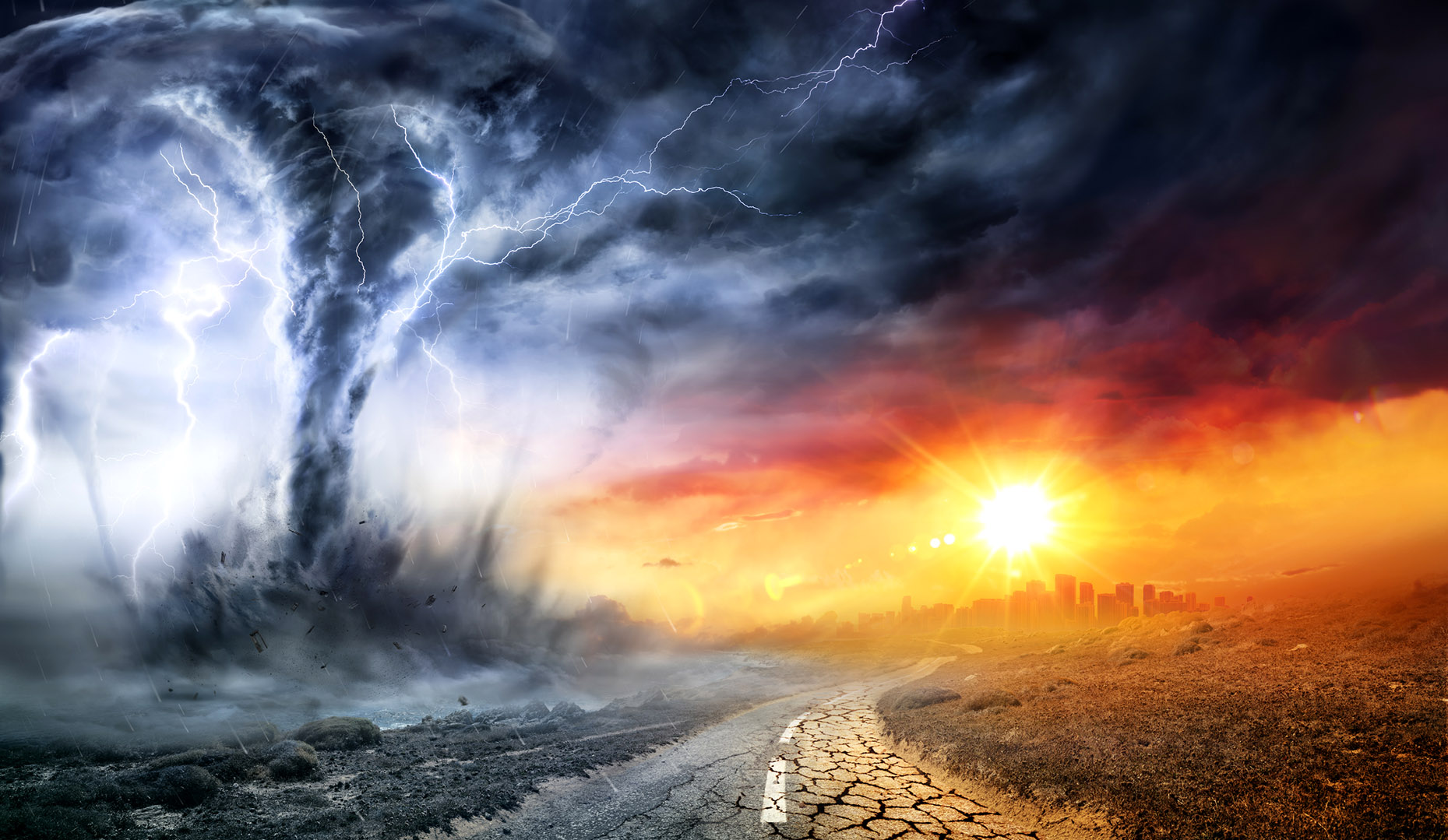Twelve co-authors writing in the latest issue of the journal BioScience are calling for immediate action to curb the effects of climate change, as 20 out of 35 vital signs used by the scientists to track humankind’s impact on the planet have shown record extremes.
These vital signs monitor amongst others greenhouse gas concentrations, sea ice extent, deforestation rates and fossil fuel energy consumption.
“Without actions that address the root problem of humanity taking more from the Earth than it can safely give, we’re on our way to the potential collapse of natural and socio-economic systems and a world with unbearable heat and shortages of food and fresh water,” said former Oregon State University College of Forestry, post-doctoral researcher Christopher Wolf, who was one of the authors.
The article is an update of the 2019 World Scientists Warning of a Climate Emergency report, which at the time was cosigned by over 15,000 scientists from 163 countries.
In the four years since the signing of this warning, the scientists point out that there has been extreme weather brought on by a warming planet.
This year saw massive Canadian wildfires that pumped a gigaton of carbon into the atmosphere. And so far there have been 38 days of recorded global temperatures that exceeded pre-industrial levels by more than 1.5 degrees Celsius. The authors suggested that July might even have the highest global temperatures seen on Earth in 100,000 years.
“As scientists, we have been shocked by two things,” lead author Professor William Ripple, of Oregon State University College of Forestry, told Daily Maverick. “First, after decades of warnings, we had hoped that humanity’s response to climate change would have been stronger, especially with regard to cutting fossil fuel emissions. Second, we are surprised by the frequency and severity of storms, floods, heat waves, and other climate-related disasters that we are now seeing.”
The authors wrote they were also concerned about the climate-related risks to food security, saying that in 2022 about 735 million people faced chronic hunger which was an increase of approximately 122 million since 2019.
 Professor William Ripple, of Oregon State University College of Forestry. (Photo: Supplied)
Professor William Ripple, of Oregon State University College of Forestry. (Photo: Supplied)
If quick action isn’t taken the fear is that upwards of half the world’s population, write the authors, will be “confined beyond the livable region” of Earth.
Here they will be subjected to killer heat and limited food that will bring on high mortality. To halt climate change the authors called for policies that prevent humanity’s overuse of resources, that curtail overconsumption and the excessive emissions by the rich.
They also said that humans should move to plant-based diets, phase out fossil fuel subsidies, and put more effort into protecting forests while also adopting international coal elimination and fossil fuel non-proliferation treaties.
However, in the gloom of the recent uptick in extreme weather events, Ripple believes there might be a positive.
“We hope that the recent surge in heat waves, floods, and other climate-related extreme weather events will help to motivate large-scale action. Specifically, we hope that citizens will demand policymakers take aggressive steps to help mitigate and adapt to climate change in a coordinated and equitable manner,” said Ripple.
Professor Coleen Vogel of Wits University’s Global Change Institute, who wasn’t one of the authors, believes that while it is an excellent article, it doesn't really say what we can do to fight climate change. She says that in a country like South Africa, there are pressures that divert from dealing with climate change. These include poverty and governance issues as well as geopolitical forces.
“Folks it has to be all hands on deck, this is not the government’s job, every citizen on the planet has to take this seriously," she said.
 Professor Coleen Vogel of Wits University. (Photo: WIOMSA / Wikipedia)
Professor Coleen Vogel of Wits University. (Photo: WIOMSA / Wikipedia)
Vogel added that with her dealing with local government, the problem is that many departments are working in silos when it comes to dealing with the threat of climate change. She believed that a more collective response was needed.
“We need to be doing a lot, lot, lot more. And it needs to cascade through all levels of society.”
This would ultimately require a radical shift in how humans look at how they exist on the planet, she said.
Still, the authors of the BioScience article believe that climate change can be slowed if action is taken now.
“We have already seen significant global warming, and it likely cannot be fully reversed in the short term. However, it was recently estimated that every additional 0.1 C warming could cause 100 million deaths,” said Ripple.
“So, it’s important that we prevent future warming as much as possible, and also work to cool the planet in the long term. This will require transformative change across many areas of society, and a focus on social justice given that the people who face the greatest climate risks have generally contributed the least to greenhouse gas emissions.” DM
https://www.youtube.com/watch?v=REeWvTRUpMk




 Professor Coleen Vogel of Wits University. (Photo: WIOMSA / Wikipedia)
Professor Coleen Vogel of Wits University. (Photo: WIOMSA / Wikipedia)